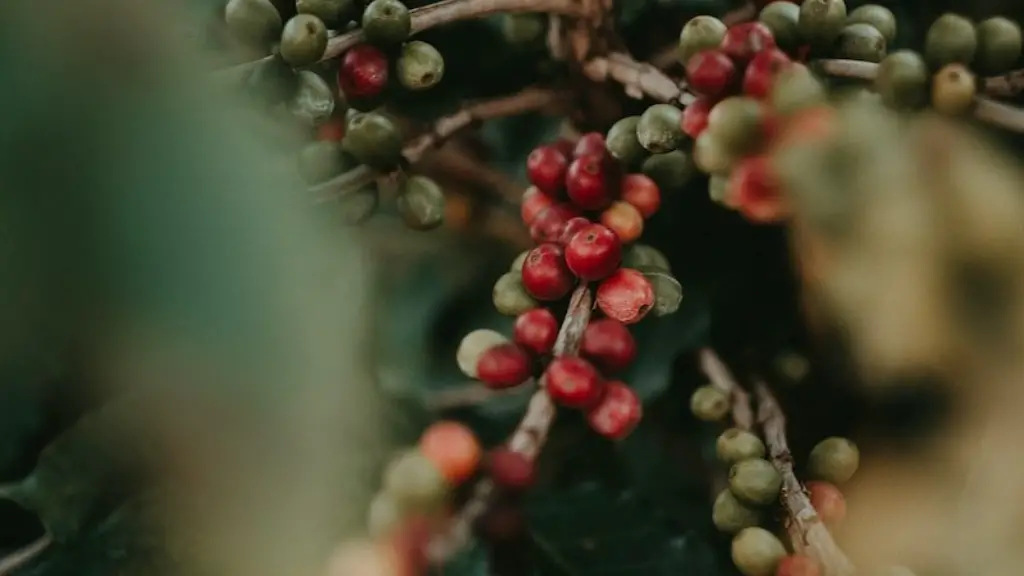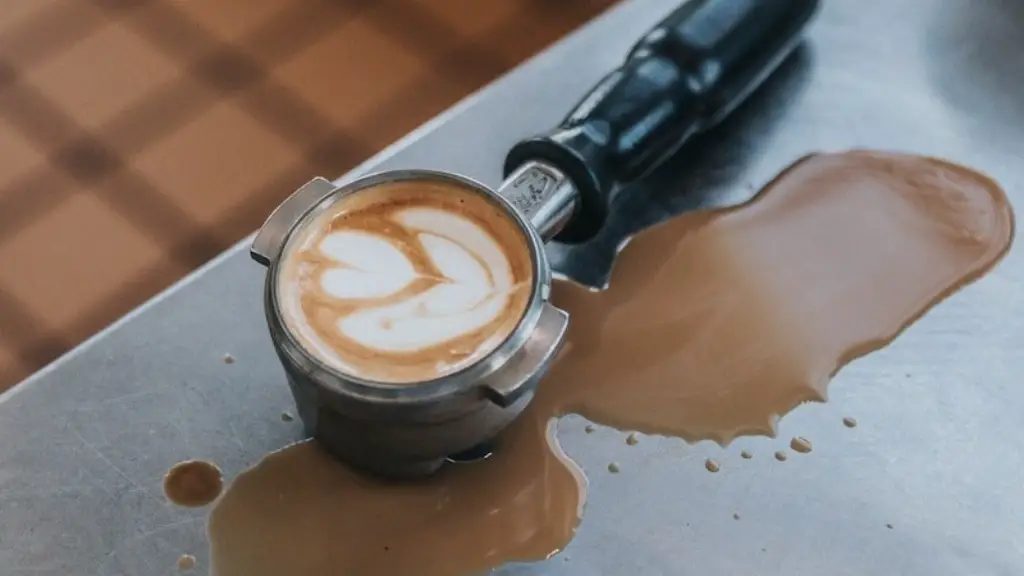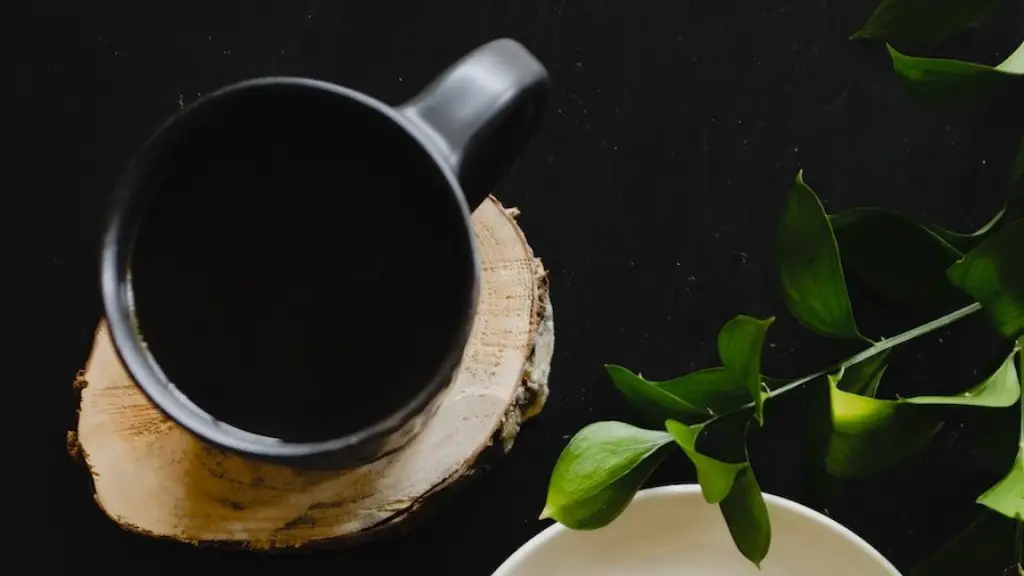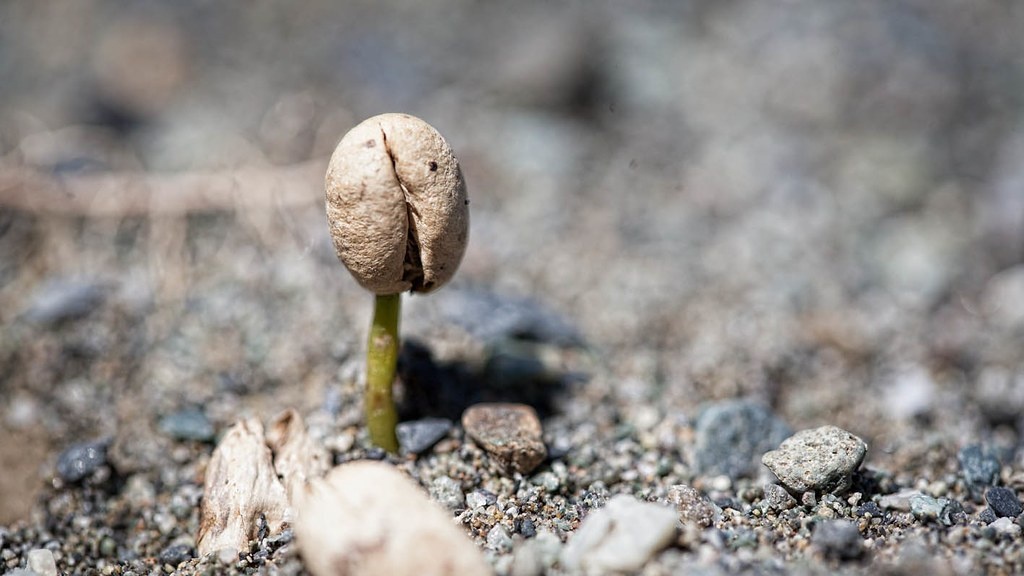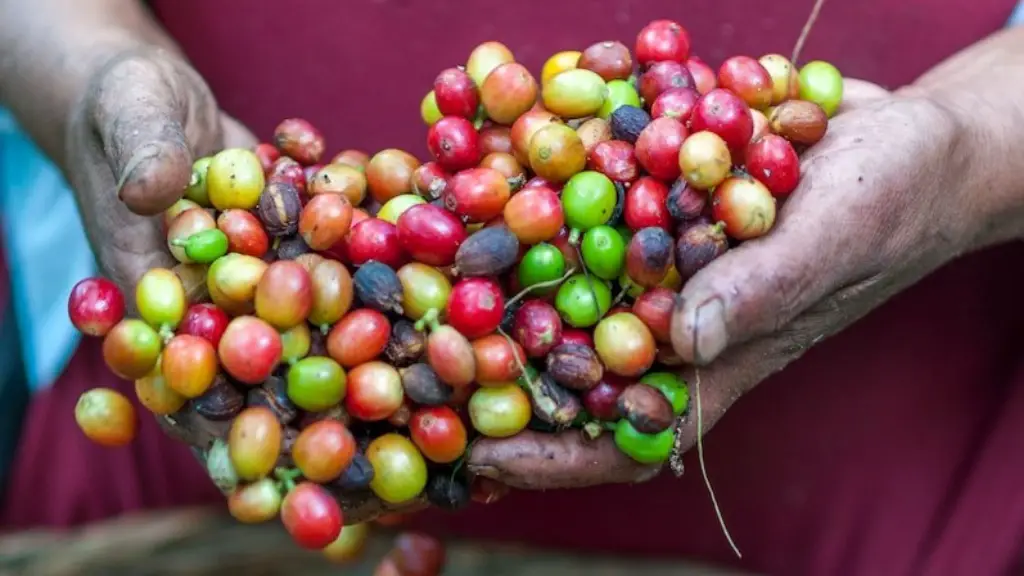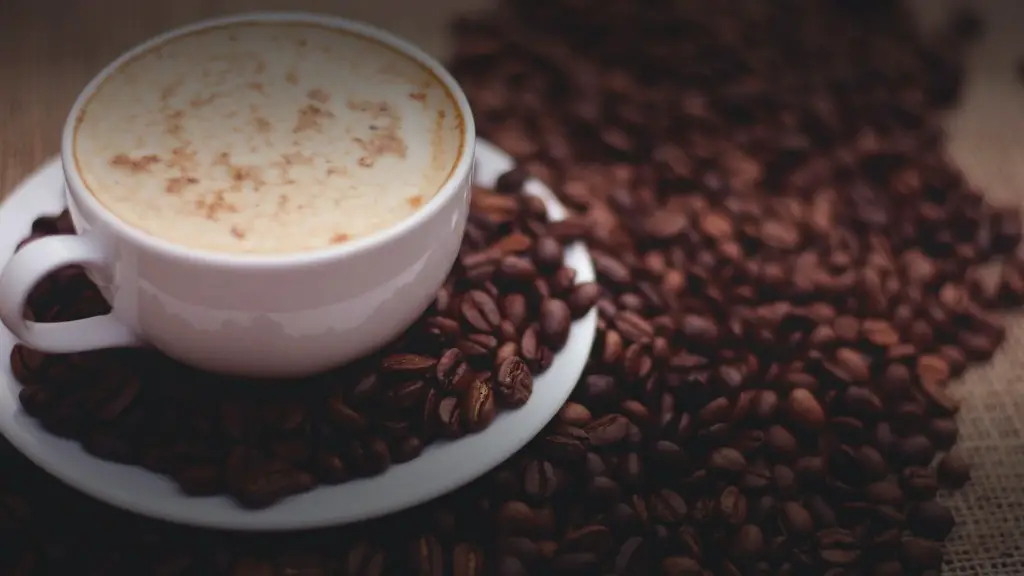Coffee beans can be used in a number of ways, including making coffee, using as a ingredient in recipes, or grinding and using as a topical treatment for skin.
Do not store ground coffee in the freezer.
Store in an airtight container in a cool, dark place.
Are used coffee grounds good for anything?
Coffee grounds are a great addition to compost bins and gardens. They are rich in nitrogen, which is loved by worms. This makes them more likely to stay in the bin or garden, and helps to improve the quality of the soil.
Coffee grounds are a great addition to compost because they are high in nitrogen. Nitrogen is an important nutrient for plants, and coffee grounds also contain a few other nutrients that plants can use. Adding coffee grounds to compost helps create organic matter that improves the ability of soil to hold water.
Is it OK to pour coffee grounds down the sink
Coffee grounds are a potential source of nutrients and can be used as a natural fertilizer or pest repellent. However, coffee grounds should never be put down your sink as they can clog your plumbing and you’ll be rinsing away all those potential benefits!
While used coffee grounds are only slightly acidic, fresh (unbrewed) coffee grounds have a higher acidity level. This makes them beneficial for plants that love acidic conditions, such as hydrangeas, rhododendrons, azaleas, lily of the valley, blueberries, carrots, and radishes.
Do coffee grounds repel mosquitoes?
Coffee grounds are effective at repelling mosquitoes because of the strong smell. The coffee grounds will mask the scents on humans that attract mosquitoes, making it more difficult for them to find you. You can also burn coffee grounds to create an even stronger aroma, which can help keep mosquitoes away.
Coffee that is leftover in the carafe can be poured on indoor and outdoor plants as a source of nitrogen. Do not put coffee that has cream or sugar added on plants though, as it can harm the plant and will also attract ants and other insects.
Can too much coffee grounds hurt plants?
Coffee is bad for plants because of the caffeine. Caffeine is an allelopathic substance, which means it reduces the growth of other nearby plants that compete for minerals or water.
When coffee grounds are stored, they sometimes develop green or blue-green fungus. Although this may look like mold, it is actually quite beneficial to the soil. The green fungus, called Trichoderma, is very beneficial to plants. The blue-green fungus is also helpful, though not to the same extent. Either way, moldy coffee grounds make excellent fertilizer and can be used directly in the garden, on houseplants, or in the compost pile.
Do coffee grounds attract pests
Coffee grounds are an effective way to keep pests out of your garden, according to the Environmental Protection Agency (EPA).
You can definitely add hot water to ground coffee! This is the simplest way to make coffee without a coffee maker. Just boil water in your kettle, or heat some water on the stovetop, then pour it into a mug with the coffee granules. If you’re in a rush, this is the perfect method for you.
Do potted plants like coffee grounds?
Adding coffee grounds to your houseplants can be a great way to boost their growth. The grounds can be used as a mulch, pesticide, compost, or fertilizer, and can even be used to water your plants. Just be sure to limit the amount of coffee you use, as too much caffeine can stunt plant growth and increase the risk of fungal diseases.
Coffee grounds contain a good amount of nitrogen, which is an important nutrient for plants. Nitrogen is responsible for producing healthy green growth and strong stems. If you have a coffee maker, save the grounds and use them to fertilize your plants. You can also use brewed coffee, but it’s best to dilute it with water to avoid shocking the plants.
How do you add coffee grounds to soil
Coffee grounds can be used in many different ways in the garden. You can spread them directly on the soil, or mix them in with leaves or compost. You can also use them as a mulch, or add them to your compost pile.
Coffee grounds can be used as a natural rodent repellent. The bitter compounds in coffee are what repel rats and mice, so they will avoid areas where coffee grounds are being used.
What bugs do coffee grounds get rid of?
Some bugs are beneficial, but most are not. To keep bugs at bay, lay down a 2 inch wide line of spent coffee grounds around the foundation and entrances to your home. This will also work for many kinds of worms, snails, slugs and other insects. You can also put the same kind of line around plants, or mix grounds with hot water, and pour over anthills.
The next time you’re trying to keep spiders away from your home, don’t reach for the chemicals! Instead, try using coffee grounds. Coffee grounds won’t harm spiders, but they will make an area less attractive to them so they’ll stay away.
Warp Up
There are a few options for what to do with ground coffee beans. One is to make coffee by boiling the beans in water and then straining the coffee through a filter. Another option is to make cold brew coffee by soaking the beans in water overnight and then straining the coffee the next day. Finally, one could also make coffee ice cubes by freezing the coffee in an ice cube tray and then using the coffee cubes in place of regular ice cubes in cold beverages.
If you have ground coffee beans that you don’t plan on using right away, you can store them in an airtight container in the freezer for up to six months.
